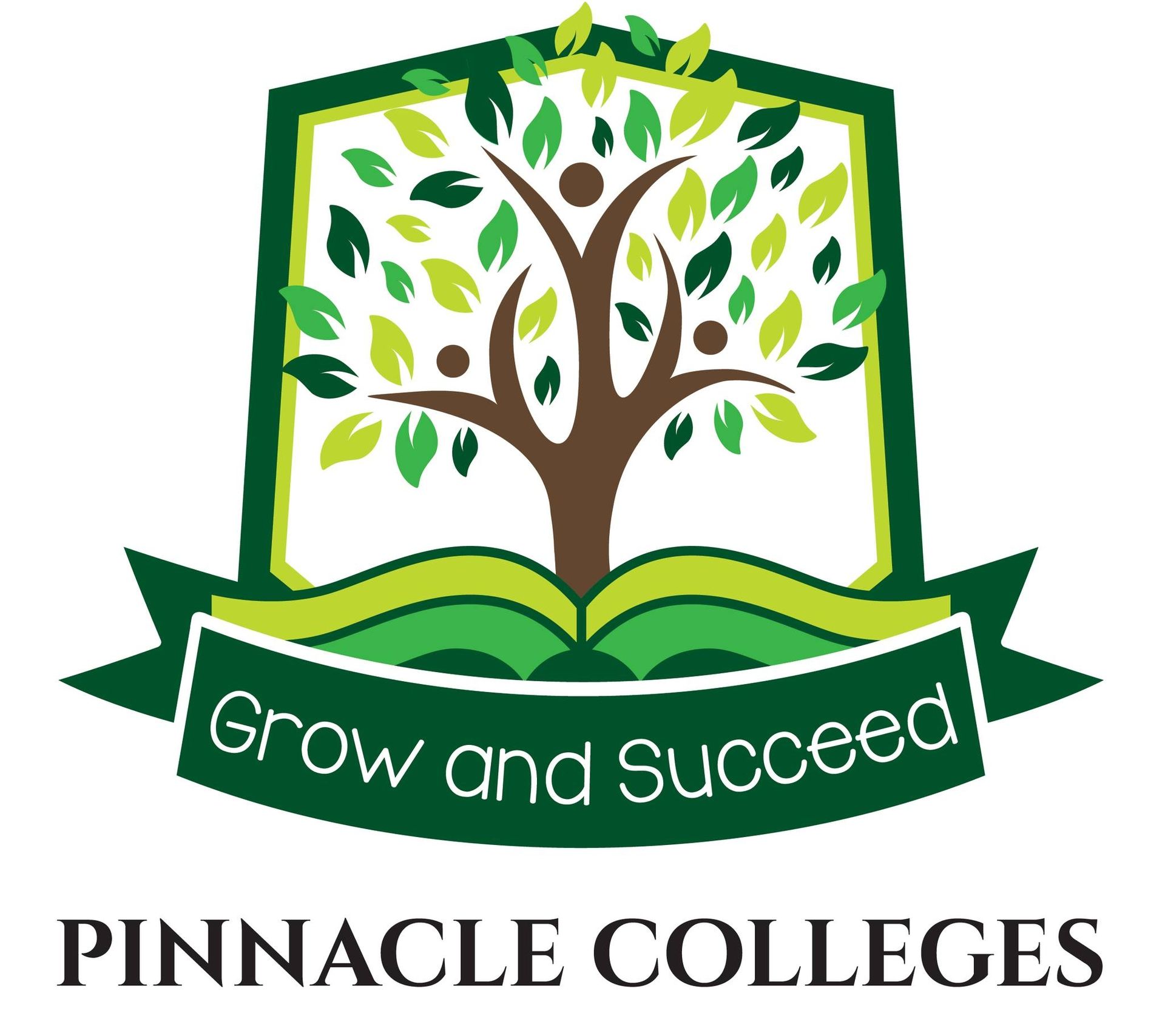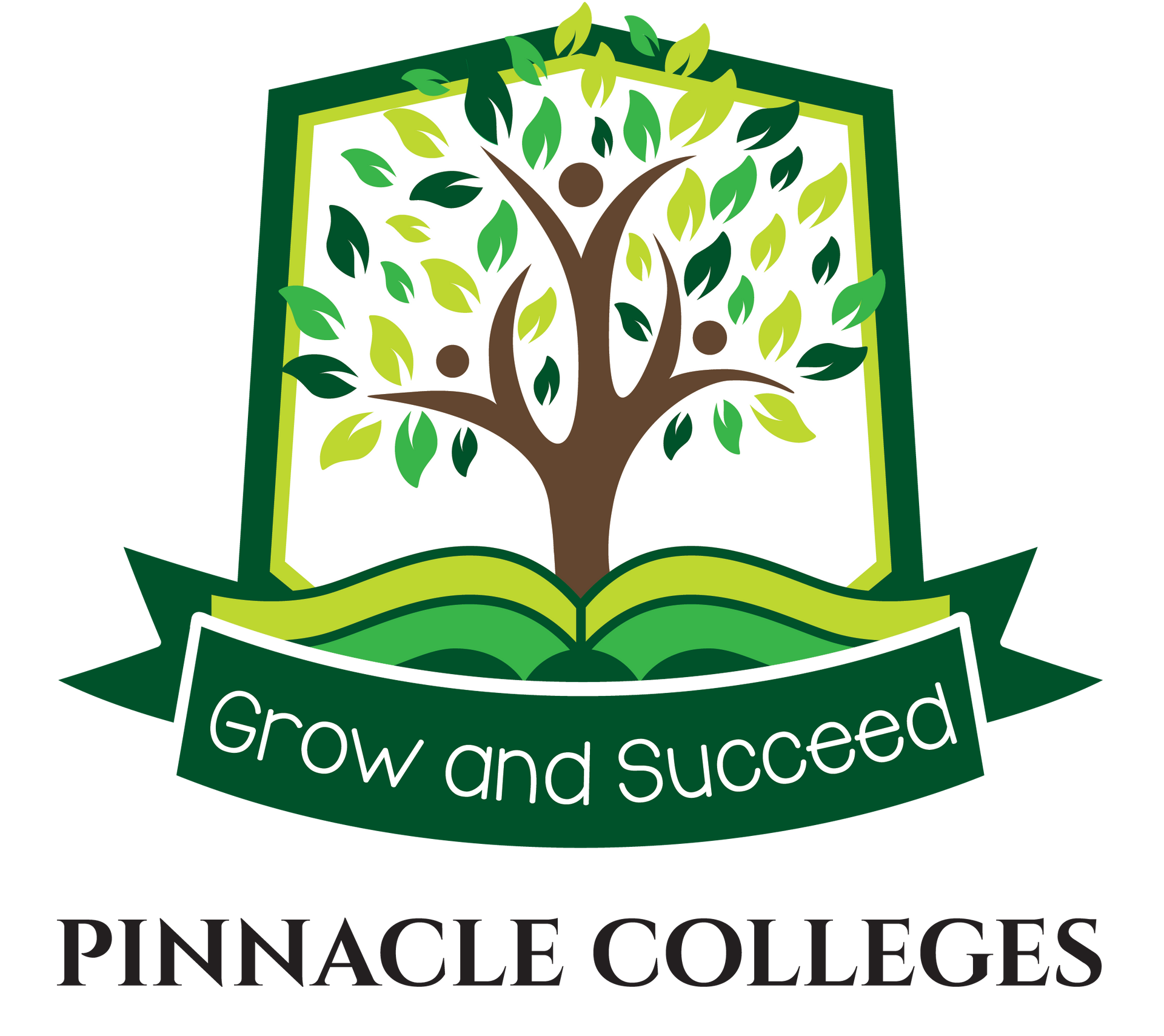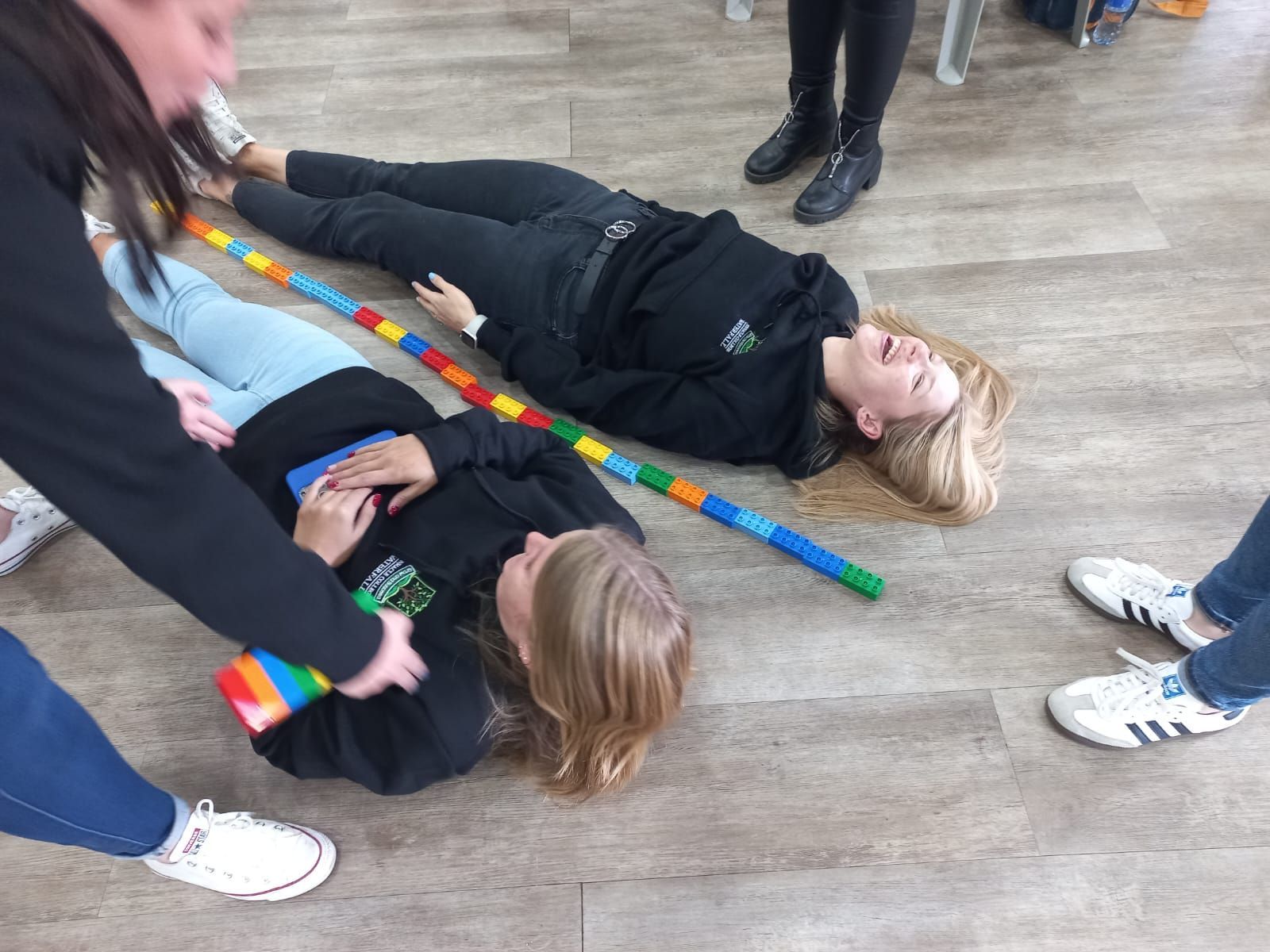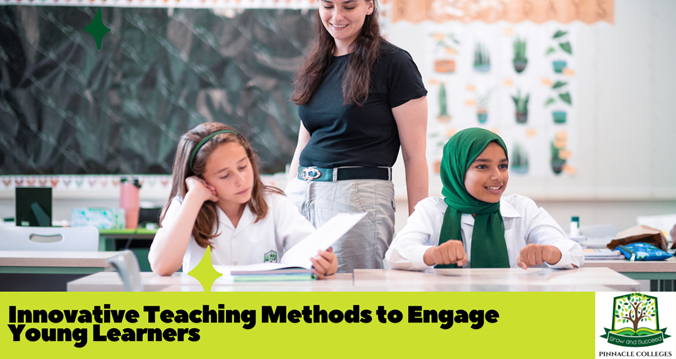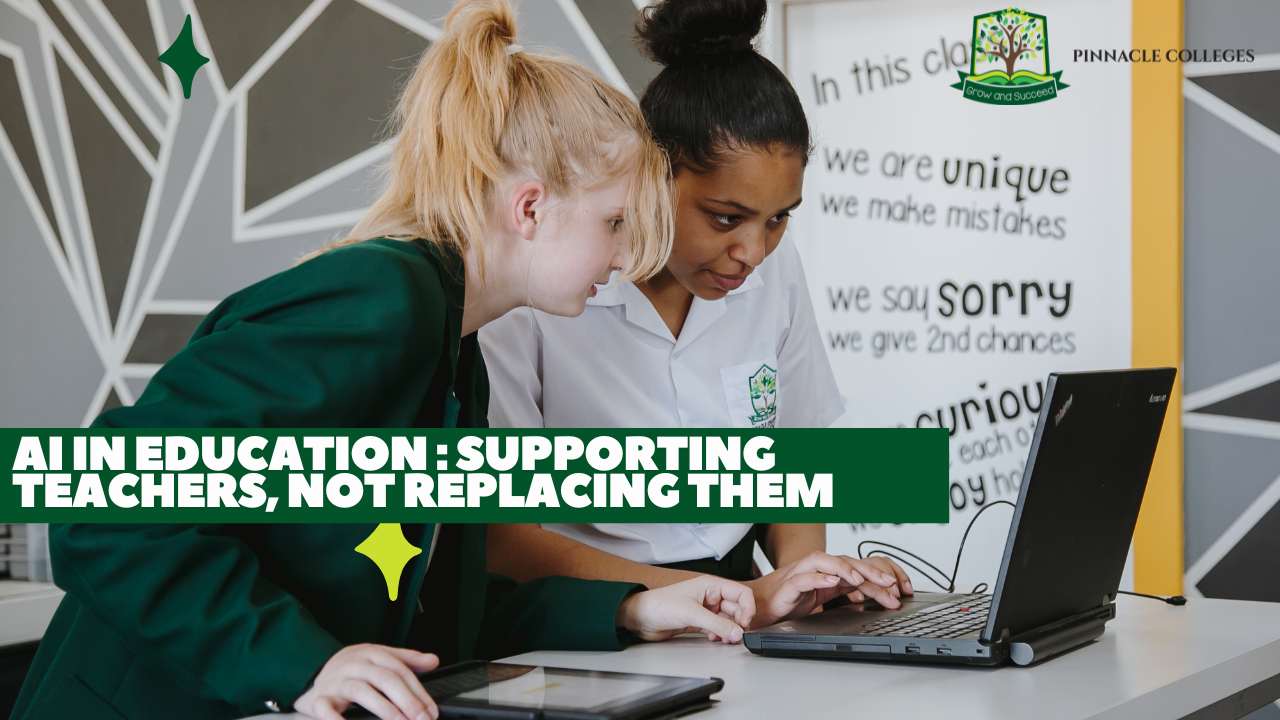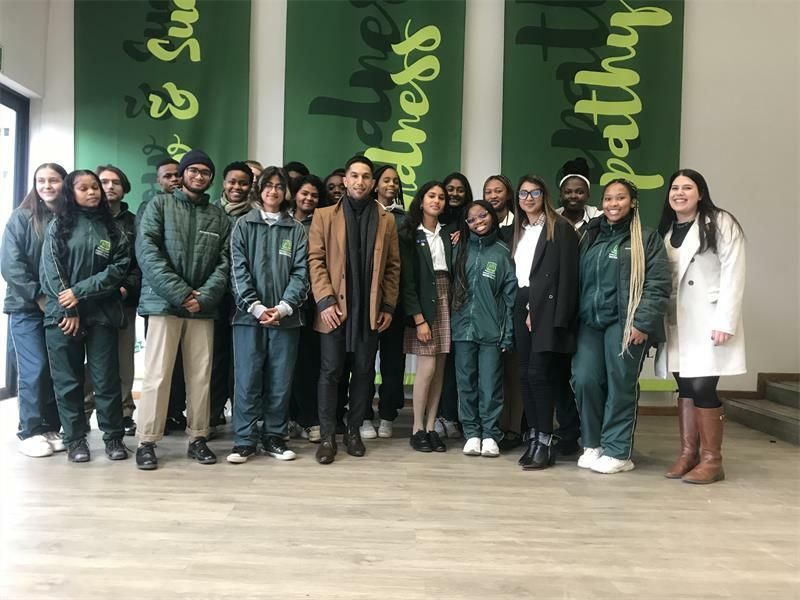WAITING FOR MATRIC RESULTS: FOCUS ON WHAT YOU CAN CONTROL
January 13, 2021
As South Africa entered the new year, it quickly became clear that 2021 would not represent a return to the normal we knew before the pandemic, and that the country, like the rest of the world, would continue living with ongoing uncertainties for at least the near future. Following arguably the most tumultuous year a Matric class had to face in recent history, the Matric Class of 2020 now await their results, with many still not having a clear idea about what their future in general, or this year in particular will hold.
“The one thing that these Matrics can do now, is to focus on those things that are within their control, rather than take a wait and see approach,” says Peter Kriel, General Manager at The Independent Institute of Education, SA’s largest and most accredited private higher education provider.
He says there are still many unknowns about the coming year, and the only constant one can bargain on during these times is change.
“However, waiting things out until normal returns one day is not an option. The world continues despite the challenges we continue to face, and there are things you can do to continue on your personal and professional journey to ensure you are not left behind,” he says.
Kriel says one of the most important things 2020’s Matrics can do in the coming weeks, until results are released on February 23 (as currently scheduled) is to review their plans for the year and ensure that they will be able to continue on their chosen path regardless of any new and unforeseen circumstances that may arise to throw a spanner in the works.
“So, if you have signed up to study somewhere, you can use these coming weeks to make sure that your institution will be able to continue seamlessly in the event of, for instance, another hard lockdown. The way to determine this is to ask an institution about their readiness and ability to quickly adapt their offering to a hybrid or online model,” he says.
“Additionally, you should not just take an institution’s word for it, but also speak to students who experienced last year’s response. You need to ask questions to determine whether students last year were able to continue their learning journey seamlessly, whether they got the support they needed to do so effectively, and whether the learning was adapted in such a way that they continued to be engaged,” says Kriel.
Kriel says that on-campus education is the preferred and most effective way to learn for many young people and it has strong advantages in terms of outcomes. So, if you want the campus experience don’t give up on that aim now – look for an in-contact institution that can move between online and face-to-face as circumstances change. For some students, distance education is a great alternative, but it is not right for everyone – it is a mistake to think that in current times it is a direct swop for contact. If contact is what you want, make sure your institution can move between the two so you can have the benefit of contact with lecturers and classmates in person when the pandemic allows.
Kriel adds that those Matrics from the Class of 2020 who have not yet decided on their plans for the year, and are waiting for results before making a move, should seriously consider approaching an institution to talk through their options rather than leaving it too late.
“Our world has changed forever and is becoming more and more competitive all the time, with technology constantly developing and giving rise to new and exciting career paths. Instead of waiting for your results and attempting to get clarity thereafter, use this time to contact respected registered and accredited institutions that have shown themselves to be up to the task during 2020, and speak to a student advisor about your options.”
It also makes sense to ensure that your computer skills – including old-fashioned typing skills – are up to the task ahead of you. Anything you can do to make the transition easier will be very worth it in the long run, he says.
“There is much that is outside all of our control right now. But there is still much that is within our control, and by focusing on what they can make happen instead of the many uncertainties that prevail, the Class of 2020 can continue to build on the resilience they displayed last year, and ensure the best possible outcomes for themselves in the face of any new or existing challenges we will face in the future.”
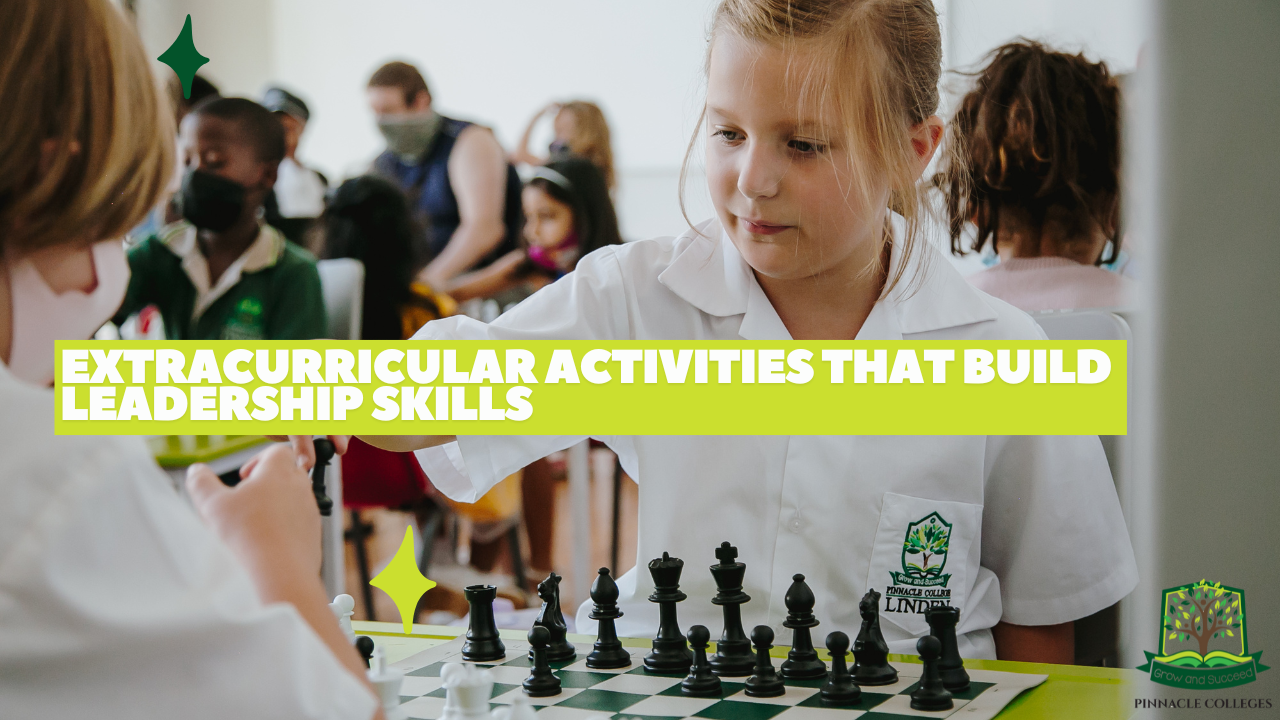
At Pinnacle Colleges, we believe that education goes beyond the classroom. As part of our commitment to nurturing well-rounded individuals, we offer a variety of extracurricular opportunities designed to develop essential leadership skills in our students. Why Leadership Matters Leadership is more than just a title—it's about initiative, responsibility, and the ability to inspire others. These qualities are vital for academic success and for thriving in life beyond school. At Pinnacle Colleges, we empower students to become confident, capable leaders through hands-on experiences and values-based education. Leadership Programs and Student Government Our schools offer structured leadership programs and student government bodies where learners can take on real responsibilities. Whether it’s organizing school events, leading assemblies, or representing their peers, students develop communication, decision-making, and teamwork skills that will serve them for years to come. Sports: Building Teamwork and Resilience Participation in sports is a cornerstone of the Pinnacle Colleges experience. Our students learn the importance of discipline, collaboration, and perseverance—key aspects of effective leadership. Whether on the soccer field, netball court, or athletics track, learners are encouraged to set goals, support their teammates, and lead by example. Cultural and Club Activities From debate clubs to arts and music, our cultural programs encourage creative thinking and problem-solving. Students have the chance to organize performances, participate in competitions, and work together on projects, all of which foster leadership and initiative in a supportive environment. Community Service: Leading with Heart At Pinnacle Colleges, we believe in the power of giving back. Our community service initiatives allow students to engage with and make a difference in their communities. Through volunteering and outreach projects, learners develop empathy, social awareness, and the confidence to lead positive change. A Holistic Approach to Leadership As part of the ADvTECH Group, Pinnacle Colleges is committed to holistic education. We balance academic excellence with a strong focus on personal growth, ensuring that every student is equipped with the knowledge, skills, and values needed to succeed. Our approach to extracurricular activities reflects this philosophy—preparing students not just for exams, but for life. Ready to discover your leadership potential? Explore the wide range of extracurricular opportunities at Pinnacle Colleges and become the leader you are meant to be!

OCTOBER 2024 In South Africa, the ability to read for meaning is a critical skill that remains elusive for many children. According to the Reading Panel 2030 report, a staggering 78% of Grade 4 learners cannot read for meaning in any language. This alarming statistic underscores the urgent need to foster a love of reading among students to ensure their academic success and personal development. “Reading is foundational to learning and personal growth. It enhances vocabulary, improves comprehension, and stimulates imagination. Moreover, reading is linked to better academic performance across all subjects. For South Africa, where educational disparities are significant, promoting reading can be a powerful tool to bridge the gap and empower future generations,” says Kassandra Strydom, Academic Advisor: Foundation Phase at ADvTECH , Africa’s leading private education provider. Strydom emphasises that in a world dominated by social media and mobile devices, keeping a child's interest in reading can be challenging. However, she underscores that this is a vital responsibility for parents. “By integrating reading into daily life from a young age, and making it an enjoyable activity, parents can help their children develop a lifelong love for reading, thereby improving their prospects of personal and academic achievement,” she says. Strydom notes that the findings of the Reading Panel 2030 report highlight the critical need for efforts to ensure that all children in South Africa can read for meaning by 2030. And while the Department of Education committed to addressing challenges identified in the report at a recent session where Basic Education Minister Siviwe Gwarube delivered the keynote address, the mammoth task could not be left to educators alone, she said. “Schools and teachers play an important role in teaching students how to read, but few are equipped to instil a genuine love for reading by the time children begin formal education. This essential passion must be nurtured at home to create a supportive environment where students can thrive once they master their ABCs.” Strydom says parents play a pivotal role in nurturing a child’s love for reading, and says it can be done by: CREATING A READING-FRIENDLY ENVIRONMENT & LEADING BY EXAMPLE Second-hand books are often very affordable, and libraries are free, making it easy for families to fill their homes with a diverse selection that caters to their child's interests and reading level. Choosing books together can be a fun and exciting activity, providing valuable parent-child bonding time. Once the books have been selected, engaging in paired or shared reading experiences can enhance this connection. Creating opportunities to read together in a relaxed and intimate setting—whether snuggled on the couch or curled up in bed—makes reading feel special. This not only fosters a love for reading but also connects the activity to positive emotions and quality time spent together. By modelling positive reading habits and setting aside dedicated reading time each day, parents can help cultivate a lifelong passion for books in their children. USING TECHNOLOGY WISELY Excessive screen time can negatively impact children’s development, prompting many schools to limit mobile phone usage to create more focused learning environments. To balance screen time at home, families can implement "reading timeouts" that benefit both child and parent. While there are numerous reading apps and platforms that can make reading engaging, it’s important to choose those that offer personal learning pathways, allowing children to explore content beyond just reading. These apps can foster deeper engagement with reading material by connecting it to real-world situations and encouraging critical thinking. However, it’s essential to also incorporate non-screen reading to ensure children develop a well-rounded love for literature alongside their digital experiences. MAKING READING AN INTERACTIVE EXPERIENCE When fostering a love for reading, it's important to ensure that the experience is interactive. Encourage children to engage with books before diving into the text by taking time for ‘picture walks’, where they can flip through pages and explore the illustrations. This approach helps minimise distractions and prepares them for a more focused reading experience. Consider using the "5 W" principle—asking who, what, when, where, and why questions about the book—to spark discussion and curiosity. Before reading, ask children what they think the story might be about, and always include the follow-up question, "How do you know that?" This encourages them to articulate their thoughts and develops metacognition—thinking about their thinking—making the reading experience richer and more meaningful. ENDS
